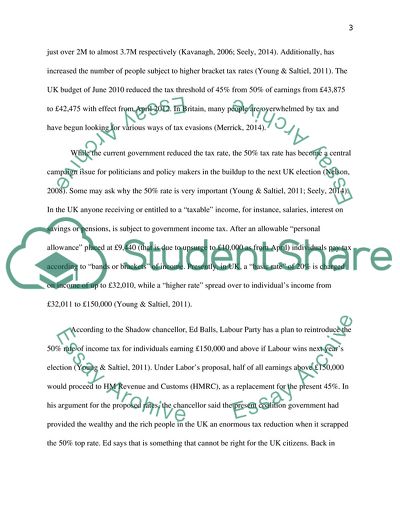Cite this document
(Should the UK government restore the 50% additional rate of income tax Assignment - 3, n.d.)
Should the UK government restore the 50% additional rate of income tax Assignment - 3. https://studentshare.org/finance-accounting/1850614-should-the-uk-government-restore-the-50-additional-rate-of-income-tax
Should the UK government restore the 50% additional rate of income tax Assignment - 3. https://studentshare.org/finance-accounting/1850614-should-the-uk-government-restore-the-50-additional-rate-of-income-tax
(Should the UK Government Restore the 50% Additional Rate of Income Tax Assignment - 3)
Should the UK Government Restore the 50% Additional Rate of Income Tax Assignment - 3. https://studentshare.org/finance-accounting/1850614-should-the-uk-government-restore-the-50-additional-rate-of-income-tax.
Should the UK Government Restore the 50% Additional Rate of Income Tax Assignment - 3. https://studentshare.org/finance-accounting/1850614-should-the-uk-government-restore-the-50-additional-rate-of-income-tax.
“Should the UK Government Restore the 50% Additional Rate of Income Tax Assignment - 3”. https://studentshare.org/finance-accounting/1850614-should-the-uk-government-restore-the-50-additional-rate-of-income-tax.


